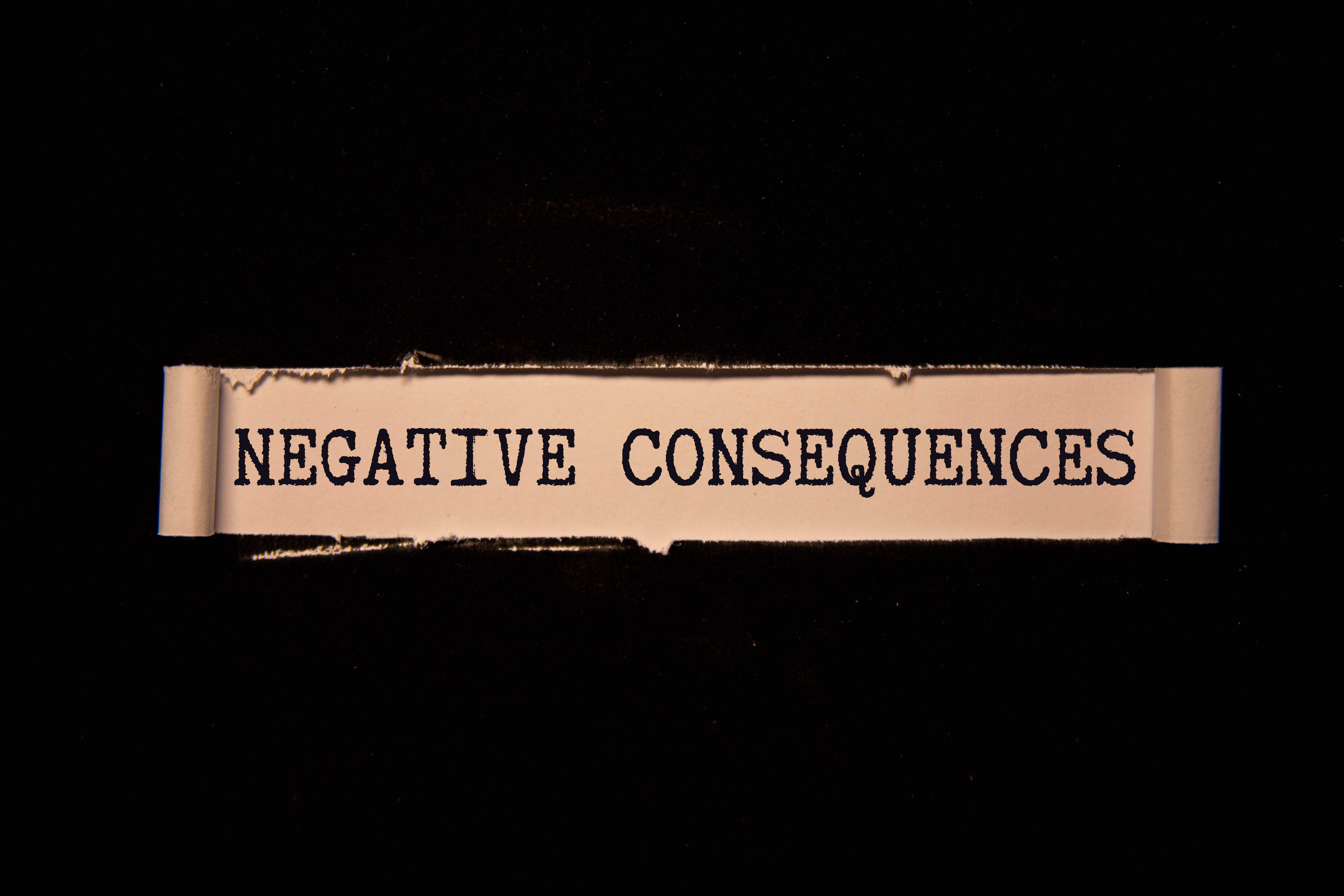- Contact
- Services & Expertise
- About
- Blog
- Services
- Black Magic Revenge & Enemy Destruction Specialist
- Love Back by Black Magic
- Black Power Spell
- Lost Love Spells – USA & UK Specialist
- International Vashikaran & Love Control Services
- Black Magic to Destroy Enemy – International Specialist
- Black Magic Specialist
- Voodoo Spells
- Black Magic Services
- Foreign Black Magic Services
Understanding the Ethics and Consequences of Black Magic
Understanding Black Magic
Black magic is a term often shrouded in mystery and fear. Historically, it has been associated with the practice of using supernatural powers for malevolent purposes. Though the concept varies across different cultures, the general consensus is that black magic involves invoking dark forces to achieve one’s desires, often at the expense of others.
The ethics of black magic are complex and controversial. Many believe that engaging in such practices is inherently wrong, as it manipulates and harms others without their consent. This brings into question the moral implications of using power for personal gain, especially when it comes with negative consequences for others.

The Ethical Dilemma
One pressing question is whether black magic can ever be justified. Proponents might argue that in certain situations, it serves as a means to an end, especially when conventional methods have failed. However, this raises ethical concerns about the boundary between right and wrong and who gets to decide these limits.
Moreover, the intention behind using black magic is crucial in determining its ethical standing. If the intent is purely selfish or harmful, it is typically deemed unethical. Yet, some argue that if the intent is to protect or defend against harm, it might be more justifiable.
Consequences of Using Black Magic
Engaging in black magic can have significant consequences. Firstly, there are potential spiritual repercussions, as many believe that tampering with dark forces can have a lasting impact on one's soul and karma. This belief underlines the idea that negative actions beget negative outcomes.

Additionally, there are social and psychological consequences to consider. Those who practice black magic may face ostracization or fear from their communities. Psychologically, the burden of knowing one has caused harm can lead to feelings of guilt and anxiety.
Legal Implications
In some cultures, practicing black magic is not only frowned upon but also illegal. Various countries have laws that penalize those found guilty of witchcraft or sorcery. This legal perspective highlights society’s collective stance against such practices and serves as a deterrent for those considering using black magic.

These laws also raise questions about freedom of belief and practice. While some see them as necessary to maintain social order, others view them as an infringement on personal liberties.
Alternatives to Black Magic
For those seeking solutions outside conventional means, there are alternatives to black magic that focus on positive energy and intentions. Practices such as meditation, positive affirmations, and manifestation can be effective without the negative consequences associated with black magic.
Moreover, seeking guidance from spiritual leaders or engaging in community support can provide constructive ways to address challenges without resorting to harmful practices.
Conclusion
The ethics and consequences of black magic are intricate and multifaceted. While some may view it as a tool for empowerment or protection, the potential for harm cannot be ignored. By understanding the implications and seeking alternative approaches, individuals can navigate life's challenges with integrity and respect for others.